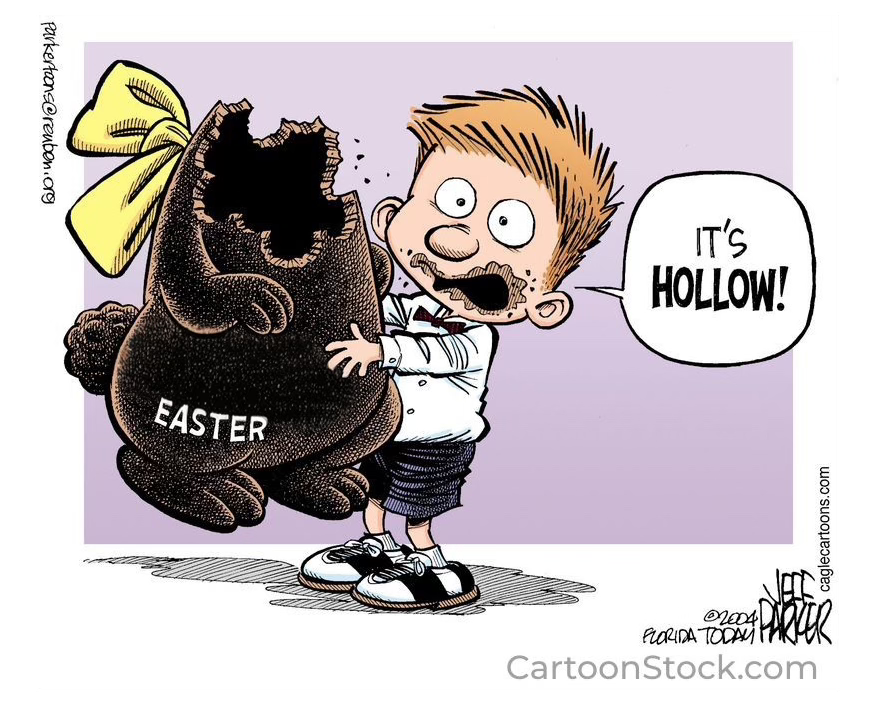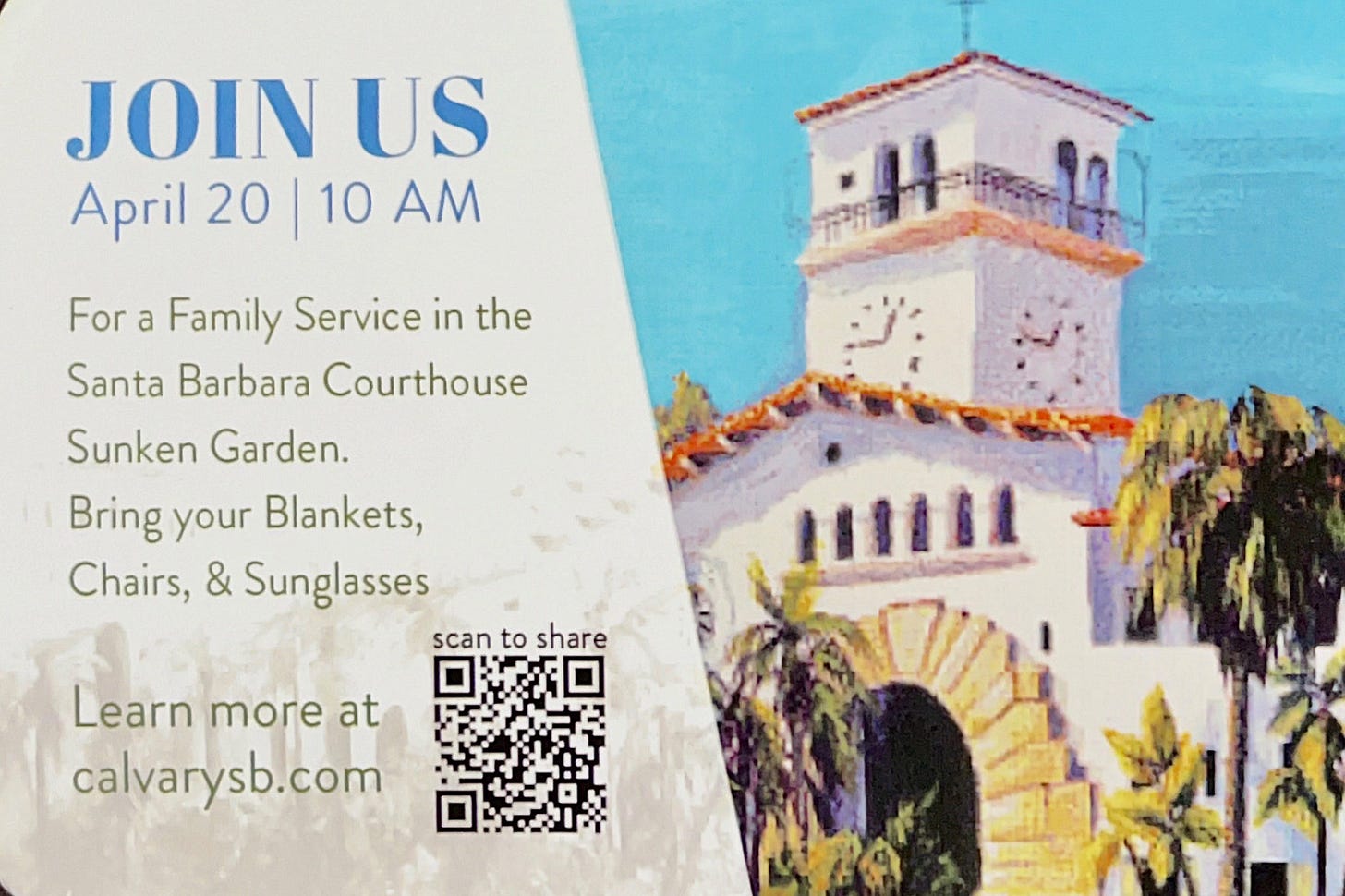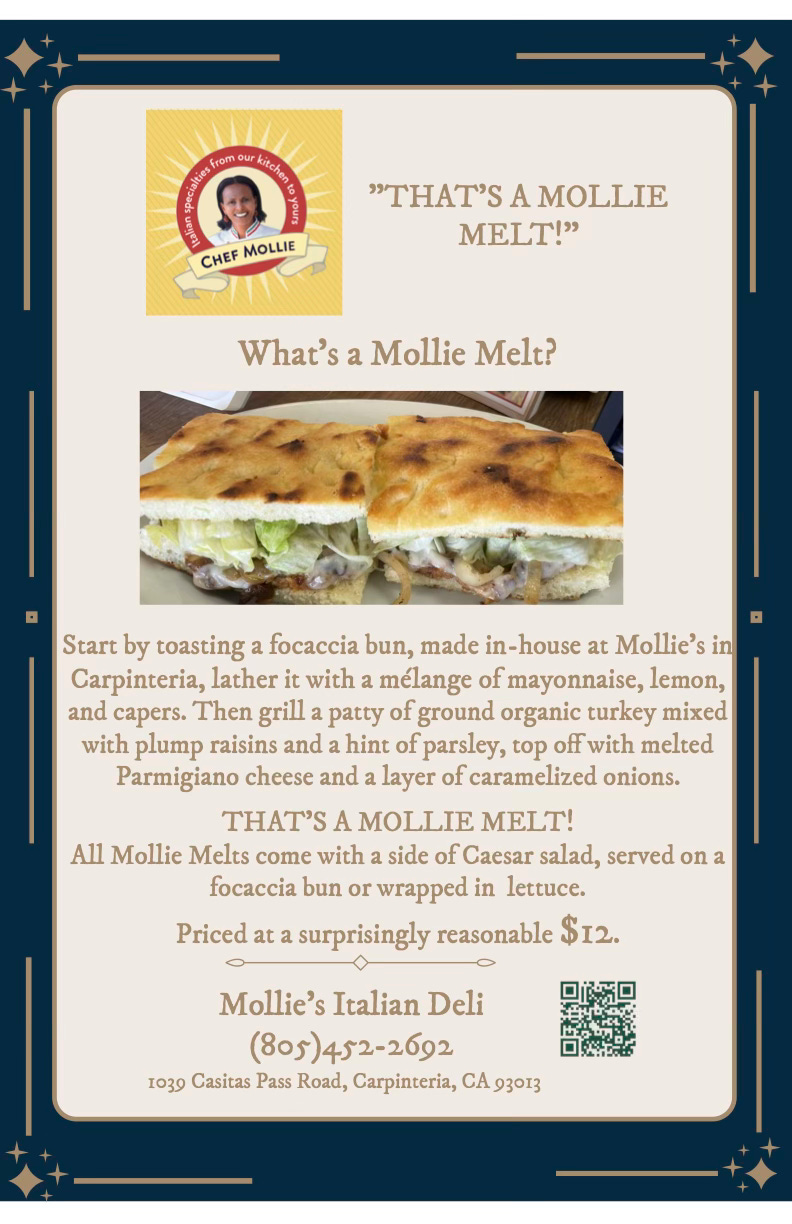Let’s have an honest conversation—one that might ruffle feathers but is grounded in truth. This nation was built on the freedom to speak openly, challenge ideas, and wrestle with the beliefs that shape our culture and faith. While I’m not here to dive into politics, those moments spark a deeper question for Christians: What exactly is Easter? Is it the holiest day on the Christian calendar, or something else entirely?
Easter: Pagan by Name, Pagan by Nature
Let’s cut to the chase: Easter is not a biblical holiday. It’s a manmade tradition with deep pagan roots. The name “Easter” derives from Eostre (or Ostara), an Anglo-Saxon goddess of spring and fertility. The symbols we associate with Easter—eggs, rabbits, flowers—have no connection to Jesus or His resurrection. They stem from ancient fertility rites, celebrating renewal and reproduction, not the risen Savior.
Walk into any store during “Easter season.” What do you see? Chocolate bunnies, pastel eggs, and floral displays dominate the shelves. Chocolate crosses? Rare, if they exist at all. Every decoration, commercial, and product is steeped in pagan symbolism—idolatry wrapped in springtime cheer and sold in bulk.
These traditions trace back to Babylonian worship of fertility goddesses like Ishtar (pronounced “Easter” in some dialects), whose rituals celebrated spring, sexuality, and new life. As Christianity spread through the Roman Empire and Europe, these pagan practices were absorbed into the faith, rebranded with Christian names. Historians note that by the 4th century, the Church, eager to attract pagan converts, baptized these traditions, blending them with the story of Christ’s resurrection.
Even the date of Easter reveals its pagan origins. It’s set on the first Sunday after the first full moon following the spring equinox—a calculation rooted in astrology, not Scripture. Historical and biblical evidence suggests Jesus was crucified on April 3, 33 AD, and resurrected on April 6, 33 AD, aligning with Passover and First Fruits. Yet, instead of honoring these fixed dates, we follow a floating calendar tied to lunar cycles, disconnected from the historical events of Christ’s sacrifice. Imagine celebrating a loved one’s birthday “around the right moon phase.” It wouldn’t fly. So why do we treat the resurrection—the cornerstone of our faith—with less precision? Why cling to a holiday named after a pagan goddess when Scripture offers a richer, God-ordained framework?
The Biblical Foundation: Passover and First Fruits
The early Church didn’t celebrate Easter. They observed Passover, the Jewish feast commemorating Israel’s deliverance from slavery in Egypt (Exodus 12:1–14). Jesus, the Lamb of God, was crucified on Passover, rested in the tomb during the Sabbath, and rose on the Feast of First Fruits, the day after the Sabbath following Passover (Leviticus 23:9–11). This wasn’t coincidence—it was divine fulfillment.
This isn’t just poetic language; it’s prophecy fulfilled. The Feast of First Fruits involved offering the first sheaf of the harvest to God, symbolizing new life and the beginning of a spiritual harvest. Jesus, rising on this exact day, became the “firstfruits” of the resurrection, the guarantee of eternal life for all who believe (1 Corinthians 15:23). His resurrection marked the end of sin’s winter and the dawn of redemption’s spring. Yet, most churches never mention First Fruits. Instead, they promote a holiday named after a pagan goddess, adorned with idolatrous symbols.
Even the Bible reflects this confusion. In the King James Version, Acts 12:4 mistranslates the Greek word Pascha (Passover) as “Easter,” likely to align with Anglo-Saxon cultural traditions. Jesus’ sacrifice aligned perfectly with Passover and First Fruits, not a lunar-based festival.
Jesus Told Us How to Remember Him
On the night of the Last Supper—Passover—Jesus gave clear instructions for how to remember Him: “And He took bread, gave thanks and broke it, and gave it to them, saying, ‘This is My body which is given for you; do this in remembrance of Me.’ Likewise He also took the cup after supper, saying, ‘This cup is the new covenant in My blood, which is shed for you’” (Luke 22:19–20, NKJV). He didn’t mention eggs, rabbits, or sunrise services. He called for breaking bread and sharing the cup in covenant, a solemn act of communion.
Yet, many churches, including mine, don’t prioritize communion on Easter Sunday. If Easter is meant to celebrate Jesus’ resurrection, why replace the intimacy of the Lord’s Supper with pagan-derived rituals? The apostle Paul warned, “For as often as you eat this bread and drink this cup, you proclaim the Lord’s death till He comes” (1 Corinthians 11:26, NKJV). Communion is a proclamation of Christ’s sacrifice, yet Easter often drowns it out with commercialized traditions.
The Danger of Tradition
People love traditions—they provide comfort, routine, and a sense of identity. But when traditions replace God’s commands, they become idols. Easter, with its baptized pagan customs, risks nullifying the spiritual depth of Christ’s resurrection. We’ve traded intimacy with God for seasonal rituals, substituting bunnies and eggs for the Passover Lamb.
This isn’t new. When Jesus cleansed the temple, overturning the money changers’ tables, He was angry at the commercialization of worship: “It is written, ‘My house shall be called a house of prayer,’ but you have made it a ‘den of thieves’” (Matthew 21:13, NKJV). Today, Easter’s commercialization—chocolate eggs, spring sales, and themed merchandise—mirrors that same marketplace mentality. We try to buy holiness with holiday decor, like guilty parents compensating with gifts.
Under the new covenant, Jesus fulfilled the ceremonial laws, but He never abolished God’s moral law or appointed feasts (Matthew 5:17). These feasts—Passover, First Fruits, and others—were designed to draw us into deeper communion with Him. Even the Sabbath, which Jesus affirmed as a gift, invites us to rest and reconnect: “The Sabbath was made for man, and not man for the Sabbath” (Mark 2:27, NKJV). God’s appointed times are not burdens but invitations to worship in spirit and truth (John 4:23–24).
The Church’s Role in Baptizing Pagan Traditions
The blending of Easter’s pagan roots with Christianity wasn’t accidental—it was strategic. As the Church spread through the Roman Empire, leaders sought to make the faith accessible to pagans. By the 4th century, under Constantine’s influence, the Church began baptizing pagan traditions, rebranding them as Christian to swell its ranks. Saturnalia’s feasting became Christmas; Ishtar’s fertility rites became Easter, complete with eggs and rabbits. Sunrise services, often held at Easter, mirror pagan rituals honoring the sun god, not the Son of God.
This syncretism revived the spirit of Babylon, the mother of false religion (Revelation 17:5). Yet, the Church ignored this, blending pagan customs with the gospel, creating a hybrid that obscures the purity of Christ’s sacrifice.
So What Now?
Easter, as we know it, is a pagan tradition disguised as Christian worship. It distracts from the true meaning of Christ’s resurrection—the First Fruits offering, the fulfillment of Passover, the rebirth of mankind, and the restoration of our relationship with God. Even calling it “Passover” today can miss the mark, as many Jews don’t recognize Jesus as the Messiah. But the original Passover—deliverance from Egypt—remains our spiritual foundation, symbolizing freedom from sin’s bondage through Christ, our Passover Lamb (1 Corinthians 5:7).
God’s appointed times were designed to strip away distractions and draw us into pure devotion. Jesus’s sacrifice fulfilled these feasts, freeing us from empty religion and inviting us into intimacy with Yahweh. As He said, “If you love Me, keep My commandments” (John 14:15, NKJV). That’s the core—not gimmicks, not floating holidays, not pagan symbols.
So, what’s the path forward? Reject the counterfeit. Embrace God’s appointed times—Passover, First Fruits, and the Lord’s Supper—as the true framework for remembering Christ. Worship in spirit and truth, not in the shadow of Babylon’s traditions. Let’s return to the simplicity of the gospel, where Jesus, the First Fruits of the resurrection, is the center of our faith.







Excellent! This is very well written and gives a clear understanding of how the church has lost. It’s historical and biblical roots to Judaism. I am a Jewish believer in Jesus, messianic Jew. Over the years I’ve seen many churches incorporate the biblical feasts and festivals into their church calendar. This helps to combined the old and New Testament with greater personal relevancy.
Incorporating these beautiful biblical Jewish holy days have a rich and deep understanding of God’s personal and greater plan.
Thank you Brian Campbell for your contemplation on the true meaning of Easter, Christ's sacrifice and resurrection, for us human beings who are sacred image bearers but fallen and vulnerable to temptation and sin. We who have taken up our own cross and chosen to put Christ at the center of our lives and follow His teaching know that Easter is the fulfillment of the promise that the nativity at Christmas promises.
As I learn more about history and my Catholic faith, I have come to see that the education and mainstream media in our society is incredibly ignorant about Catholicism and in many cases outright hostile to it. But since all of us who follow Christ have Catholicism as part of the history of our faith, it is wise to seek to learn about its history and theology from sources that are not biased against it.
The European influence on the lands that became the US included Catholicism and various sects of Protestantism, but in the end, the English settlement became dominant and has thus imprinted many of our institutions and much of our culture with a Protestant anti-Catholic bias such as is in the so-called Black Legend, fed by propaganda from England against their Catholic enemy Spain.
If you would consider reading one book about the distortion of Catholic history in the English speaking West, I would recommend one by Protestant historian Rodney Stark, "Bearing False Witness: Debunking Centuries of Anti-Catholic History." If you are willing to spend more time and resources, there is a great text book series for middle and high schoolers that provides a wealth of information that even adults will find engaging. It is from the Catholic Textbook Project.
Meanwhile, you are stuck with my perspective that is likely better informed than Brian Campbell's on The Catholic Church, but still highly amateur. One of things that is not well appreciated about the Catholic Church is that its continuity and faithfulness to Christ and truth has made it a relatively reliable store of knowledge about history, philosophy and theology over the past two millennia. Reading about the Protestant movements, you see not only all of the division and conflict that was unleashed, but also the abandoning of this store of wisdom save for the retention of most of the Sacred Scripture that was itself compiled and preserved by The Catholic Church. In my opinion, it is easy to see that removing the Bible from the protection of the Church Christ created further allowed Christ's teaching to be abandoned or worse, twisted into something so far from Christ's teaching it is demonic, such as justifying gay marriage in Christ's name or the brutal genocide of Christians and others in The Holy Land happening before our eyes with our government's support being seen as somehow faithful to Christ's teaching!
I can't make the full case for it here, but I feel that social media coupled with the influence of left identity politics has turned us all into ready critics. We are quick to assume motives and pass judgement. A skeptic of The Catholic Church might say that the reason it incorporates wisdom from non-Christian traditions is to deceive the locals into becoming Catholic. But an another possible reason for this is that Christ said the moral law was written on every human heart and The Church understands that there is good, truth and beauty reaching to God to some degree in every human culture which should be celebrated, respected and preserved. Are you aware of the miracle of Juan Diego and the vision of the Virgin of Guadalupe? Was it a miracle? Was it a con to trick naive indigenous Central Americans into accepting the faith of cynical conquistadors? It is at least claimed that the image on Juan Diego's cloak is made by a method that we still cannot explain. If God can create the entire universe, create all of us, Himself become man, die and become resurrected, then can God not make such a miracle to provide a sign? Can He not turn regular bread and wine into the body and blood of Christ at every mass if he chooses to do so?
Christ did call for there to be unity in His Church. He called us to be humble. He did found a Church to preserve His teaching and allow His followers to have a community from which to spread the Good News. If you believe you can be closer to Christ in a Church that has split away from the one He founded, only He can judge whether that will provide salvation, not me. And you have every right to criticize The Catholic Church that He founded, but I would just implore you to do it with humility working to avoid the sin of the IXth commandment against bearing false witness.
I would also hope that every American would take some time to get a deeper historical and philosophical understanding of the Catholic Church since it is such an important part of the founding of The Western Civilization that this country is a part of. If your ancestors hail from The West, what was it that they believed and preserved over the ages? If your linage is only newly grafted in to The West, what is the moral foundation of your new home? How can understanding that history help you better appreciate and preserve what is good about our society?
I honestly believe that a lot of the problems for The West that seem to have the potential to end our civilization (and possibly even human life on earth through nuclear war) stem from us abandoning the Church that allowed it to thrive and flourish in the first place. Some think we are just heading in for the end times foretold in Revelations, however Christ also cautions us that none of us is to know the hour of His return. To me, that means the best we can do is to work to love Christ as sincerely as possible and work to live as He called us to do by working to love and serve each other better. Much more can be said about this, but I think it is high time we start having some respectful and frank discussions about working together to reverse the sidelining of Christian morality from our culture. Let's redouble our efforts to make The West great again by returning to our Christian roots.